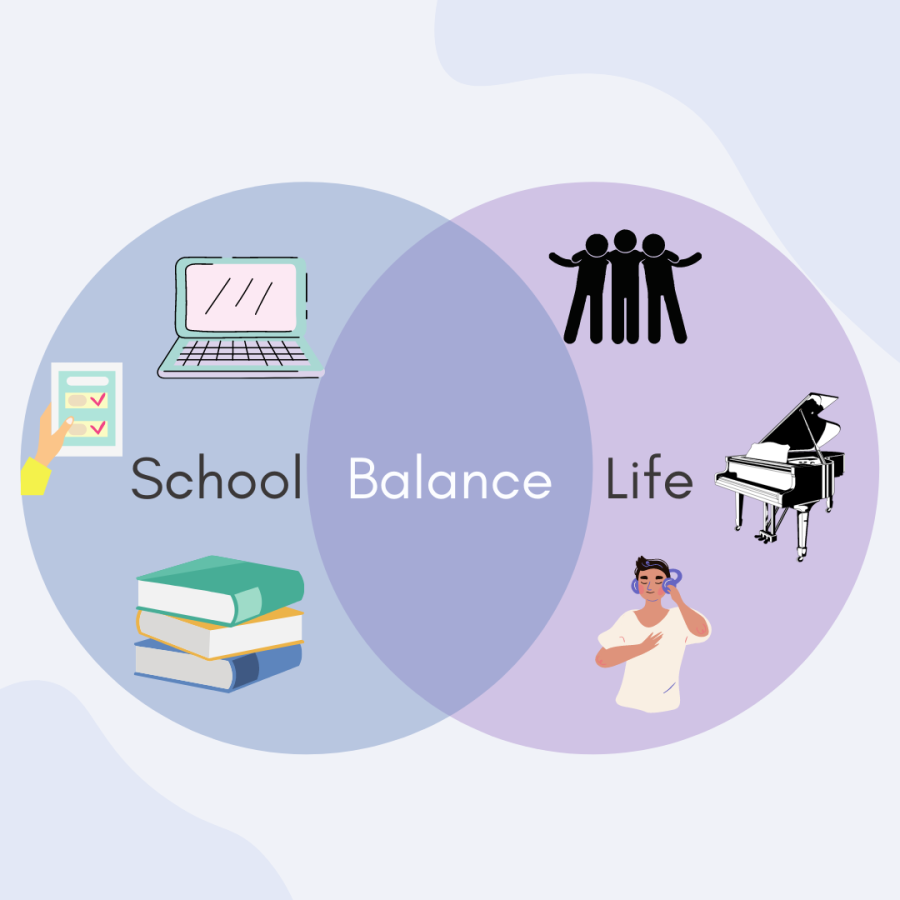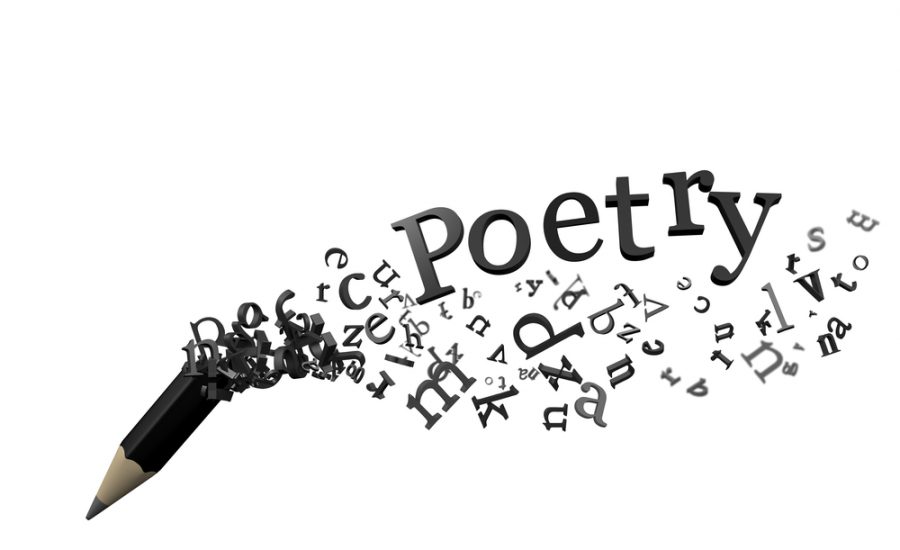The Importance of Poetry
September 23, 2021
What is poetry? Gregg Buck, an English teacher at Carolina Forest High School, says that poetry can be defined as “all the best words in all the right places.” Poetry is exactly this: an important resource that humans use to remedy themselves through language. Or, in other words, putting the best words in the right places.
Poetry has been written, as far as we know, for thousands of years. Cultures all around the world, all throughout the history of civilization, have had poetry: Ancient Greece, Ancient Babylon, Ancient China, Medieval Europe, all the way to modern society. Poetry has been used for many different reasons, but one thing remains the same throughout history: poetry has had a major cultural significance.
For example, poems like The Iliad by Homer influenced literature for centuries after it was written. Athenian tragedians like Aeschylus, Sophocles, and Euripedes all cited Homer’s works as a major influence on their tragedies. Further, Roman poets like Virgil wrote large epics such as The Aeneid based off of the original Homeric epics. This shows how only one poem can have massive, sweeping influence across various different cultures for centuries.
Studies show that poetry can also have an influence on the brain.1 Poetry can trigger emotional reactions, increase intelligence, improve memory, and increase self-reflection. Poetry has a profound effect on the brain that makes it an important part of keeping your brain active, encouraging critical thought and encouraging self-reflection. Poetry can have a similar effect on the brain as music, in that it causes a strong emotional reaction and encourages the reader to think more critically. After all, music is essentially just poetry with instruments.
Sharon Sellers, an English teacher at CFHS, believes that Sylvia Plath best sums up the importance of poetry:
“I believe that one should be able to control and manipulate experiences, even the most terrific… and one should be able to manipulate these experiences with an informed and intelligent mind.”
Plath’s quote reflects the importance of poetry: the idea that one can explore and express themselves in a creative and productive way. Instead of lashing out in the harmful ways typically associated with emotions like anger and sadness, poetry acts as an outlet that allows both the writer and the reader to explore their emotions in a safe and creative way. As has already been proven, poetry not only acts as an outlet for emotions but rather a tool that the reader and the writer can use for self-improvement.
Caitlin Covington, a sophomore, says that “poetry makes us think and relate things to our own lies. It sharpens the mind.”
With all that being said, it’s important to have an outlet where people can express themselves with poetry and others can read that poetry to help themselves.
The Prowler has a literary magazine called Silver Streams where students can submit their art and writings and share it with the school. It can be shared anonymously, with a pseudonym, or with the author’s real name. If you have any art or writing you would like to submit to Silver Streams, you can email me at [email protected], or you can email [email protected].
Sources:
1: “How Poetry Brightens the Brain and Improves Your Memory” assistinghands.com




































